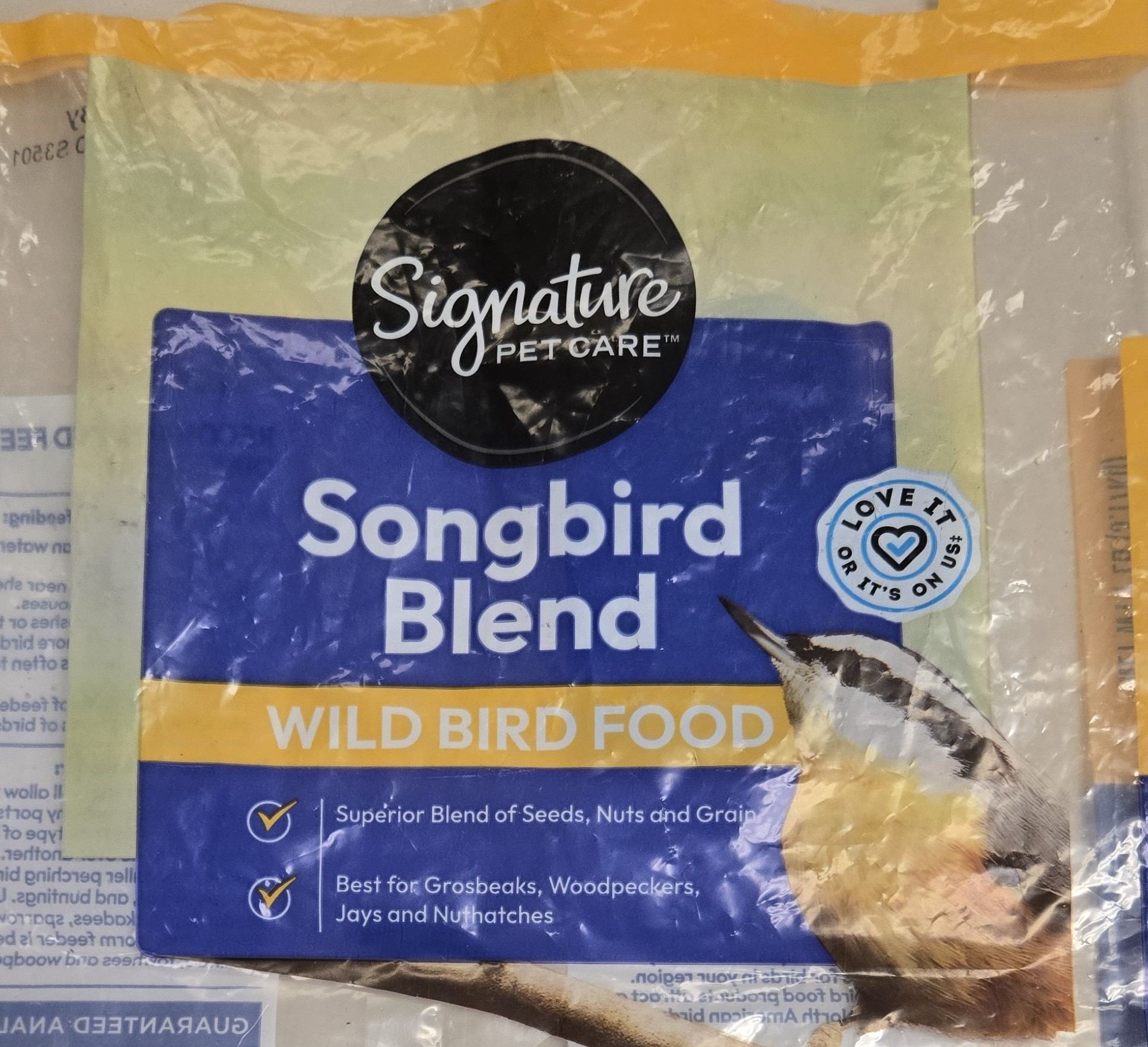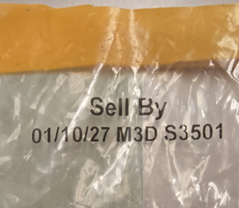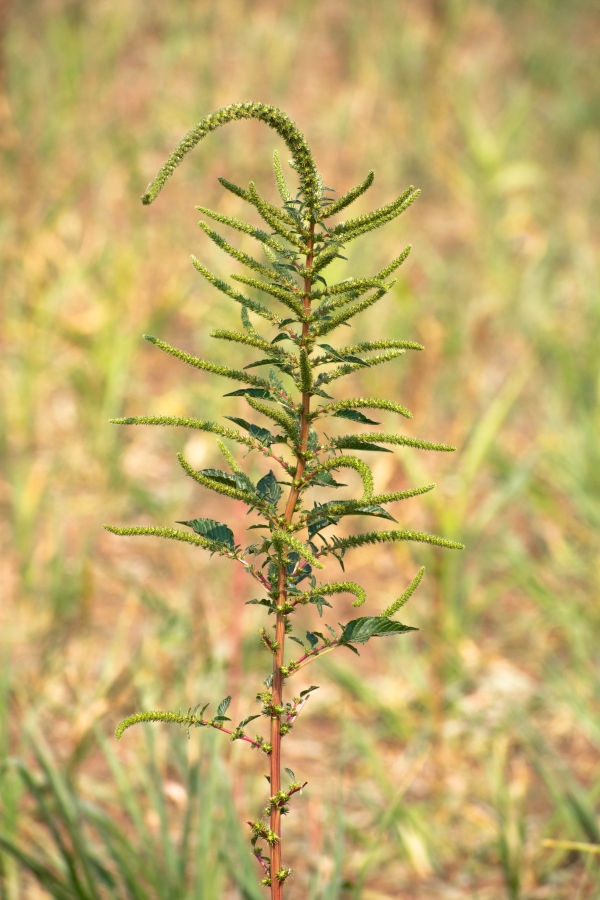Product Recall
Signature Pet Care Songbird Blend Wild Bird Food, 7 lb.


Global Harvest Foods, the product manufacturer, has voluntarily recalled the contaminated birdseed, which carries UPC 021130037629 and sell by date code 01/10/2027 M3D S3501.
Photo by Thurman Johnson
What should I do with the birdseed I already purchased?
- Remove product from bird feeders, double-bag it, and place it in the trash. Do not compost.
- Return any unused seed to the store for a refund.
- Clean bird feeders thoroughly before reuse to ensure all seed is removed. Palmer amaranth seeds are tiny and can become lodged in crevices.
- Inspect areas under and near bird feeders for sprouted weeds, carefully remove any plants, double-bag them in black plastic bags, and dispose of them in the trash to prevent seed spread.
Consumer contact:
Retailer contact:
More information on Palmer amaranth

Palmer amaranth was first detected in Washington in 2023 and was added to the state’s plant quarantine list on August 9, 2025. The invasive plant was also detected in fields in Marion and Malheur Counties in 2024, which triggered its addition to Oregon’s noxious weed quarantine last year. This plant is highly invasive, can grow more than 10 feet tall, is resistant to many herbicides, and a single plant can produce hundreds of thousands of seeds. Left uncontrolled, it can choke out crops such as corn, soybeans, and small grains, reduce harvest yields, and drive up weed-control costs for farmers. It threatens native plant habitats and can quickly spread beyond managed areas. It can also be toxic to ruminant (cattle, sheep, goats) livestock if consumed in large quantities.
More information about Palmer Amaranth is available from the Washington State Noxious Weed Control Board.

